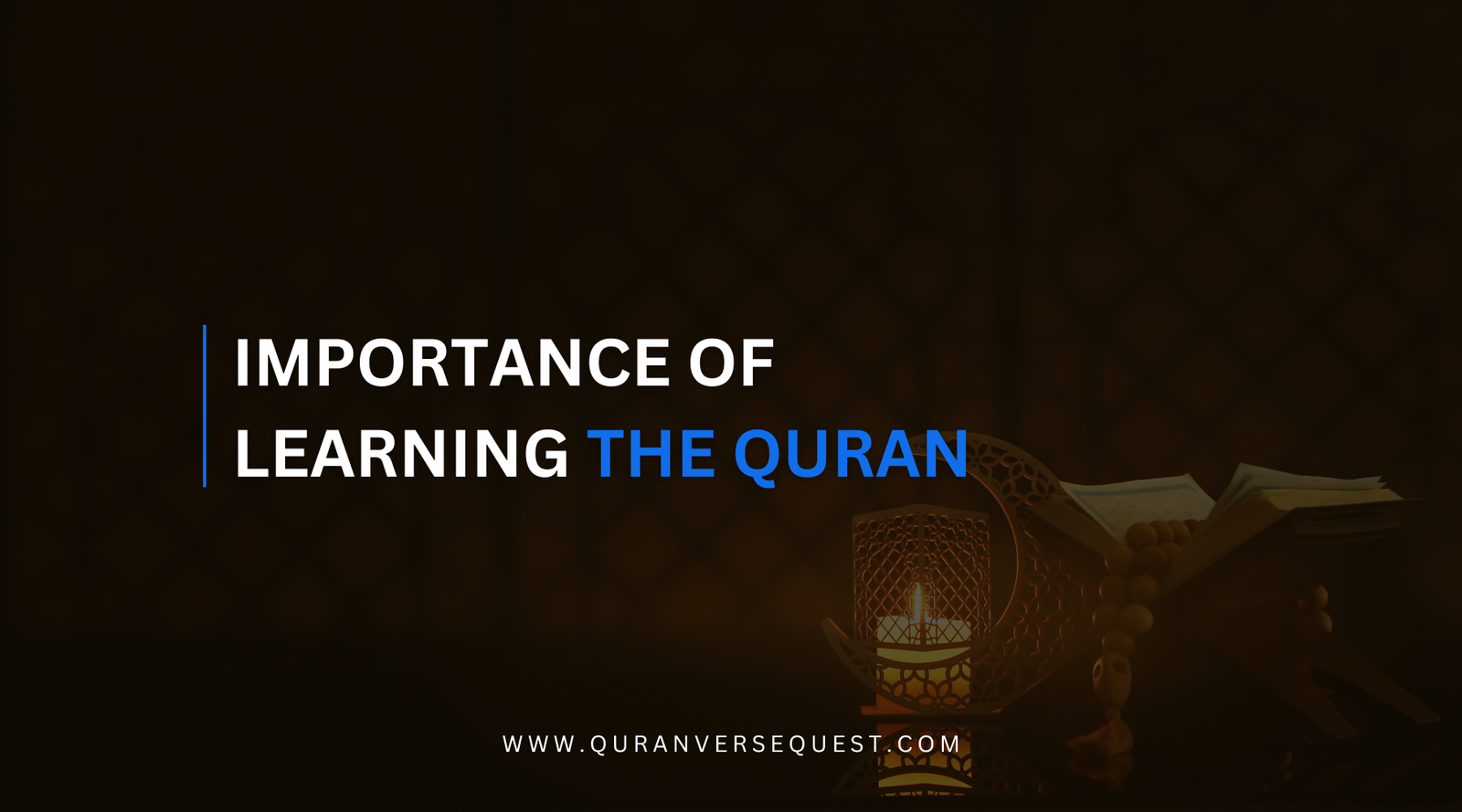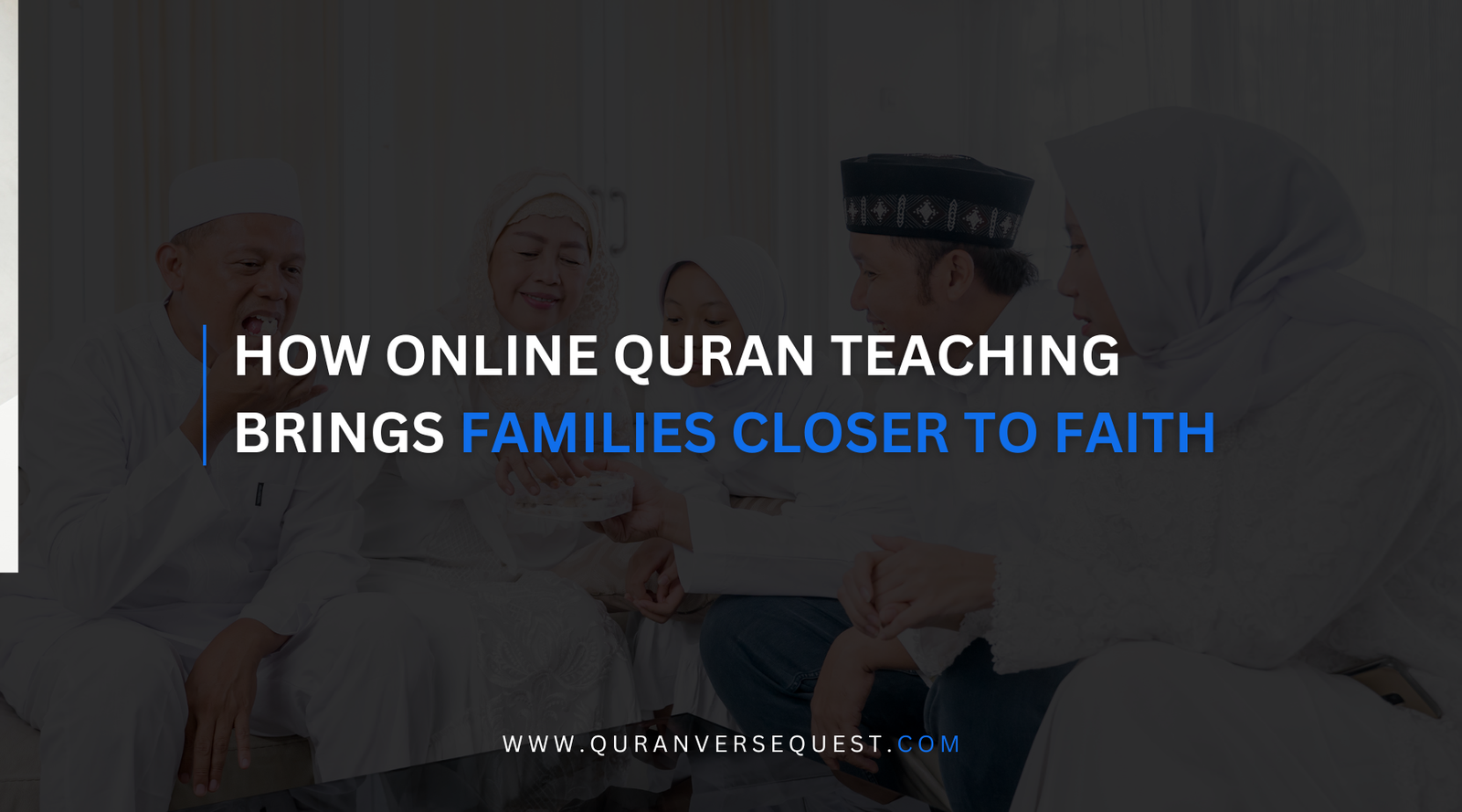
Understanding the Pillars of Islam: A Guide for Muslims Living in the West
Islam is the name of peace and devotion to Allah. It is a modest religion that bases every Muslim's faith on five key pillars. These pillars are guiding factors and spiritual compasses for believers navigating complicated lives.
Islam is the
name of peace and devotion to Allah. It is a modest religion that bases every
Muslim's faith on five key pillars. These pillars are guiding factors and
spiritual compasses for believers navigating complicated lives.
Understanding
these pillars becomes even more essential for Muslims living in the West, where
societal norms and values might differ from our religious teachings. Let's
explore what each pillar means and where you can find the best online Quranteachers and tutors to learn about religion in detail.
Shahadah
(Faith) - The First Pillar
In simple
words, Shahadah means a declaration of faith that there is "no god but
Allah and Muhammad is His Prophet and Messenger."
It is the
first pillar of Islam, as it forms the foundation of a Muslim's belief system.
Reciting this frequently is a reminder of one's commitment to Allah and
acknowledgment of His Oneness.
Practicing
Shahadah in the West
Saying Shahada
is more than the verbal proclamation of faith. It is a commitment to a
lifestyle that reflects Islamic values. By that, we mean being honest, kind,
and honorable in daily interactions. Living in a multicultural and pluralistic
society offers unique opportunities for Muslims to showcase their morals. For
instance, engaging in interfaith dialogues or community service projects can
develop mutual respect and understanding.
Salah
(Prayer) - The Second Pillar
Bowing before
your Lord five times a day makes a person humble. From sunrise to night, each
prayer holds its own significance in connecting a believer with Allah.
Balancing
Salah and a Busy Schedule
Everyday
routine in Western countries may not align with prayer times. It makes it
difficult to keep up. However, where there is a will, there is a way. Many
workplaces have designated prayer areas, or you can find a way to rush into
your car or a quiet corner during break times. If you still miss the prayer,
you can compensate for it with night prayers.
Use a reliable
mobile app to keep track of the timings and location of Qibla. Devotion to
prayers during a hectic routine will serve you well in the world after this. It
is an even great idea to segregate a portion of your day for online Quran
classes where your online Quran tutor teaches you how to recite the word of
Allah.
Sawm
(Fasting) - The Third Pillar
In Ramadan,
fasting from dawn to sunset is a means of cultivating discipline and empathy
for those who are less fortunate.
Observing
Ramadan in Non-Muslim Societies
Ramadan can be
both a challenge and a blessing for Muslims living in the West. While you can
take an online Quran class from the comfort of your home, fasting is harder.
The long summer days in some regions might make fasting more demanding. On the
other hand, the absence of a communal fasting culture can feel isolating.
However, you
can address this issue by joining a local mosque in Iftar to create an
atmosphere of fasting with people like you. If you have understanding
non-Muslim friends, sharing your practices with them can also foster
inclusivity.
Zakat
(Charity) - The Fourth Pillar
An obligation
to give a portion of one's wealth to those in need emphasizes social justice
and compassion.
A
Universal Act of Giving
While Zakat is
a prescribed percentage of wealth, its spirit goes beyond mere calculation. As
a Muslim in the West, you can always donate to local charities and help
community members in need.
The act of
giving a portion of your money to others develops a sense of unity and
responsibility between yourself and the vulnerable. Some Muslims like
participating in initiatives like food drives as a way of paying Zakat.
Hajj
(Pilgrimage) - The Fifth Pillar
The pilgrimage
to Mecca, required once in a lifetime for those physically and financially
able, symbolizes unity, humility, and devotion to Allah.
Planning
for Hajj While Living in the West
For Muslims in
the West, planning and undertaking Hajj often requires careful financial and
logistical preparation. Still, so many people go for the Hajj every year
because the reward of this divine journey is bigger than the challenges.
Hajj can serve
as a way for you to reconnect with your faith and people who share your
beliefs. It is those shared values that unite Muslims all over the world.
Conclusion
The Five
Pillars of Islam act as spiritual anchors for those living in the West. By
embodying the principles of Shahada, Salah, Zakat, Sawm, and Hajj, Muslims can
not only strengthen their relationship with Allah but also contribute
positively to the communities they live in. It can help portray a positive
image of the religion and overall Muslim ummah. Creating bridges of peace and
harmony is what the world needs today.
Sign
Up for Online Quran Classes
Do you know what else keeps your faith
fresh? Learning and understanding the Quran. Quranverse Quest has the best
Quran teachers for those who want to learn proper Tajweed. You can now sign up
for online Quran classes according to your schedule.



